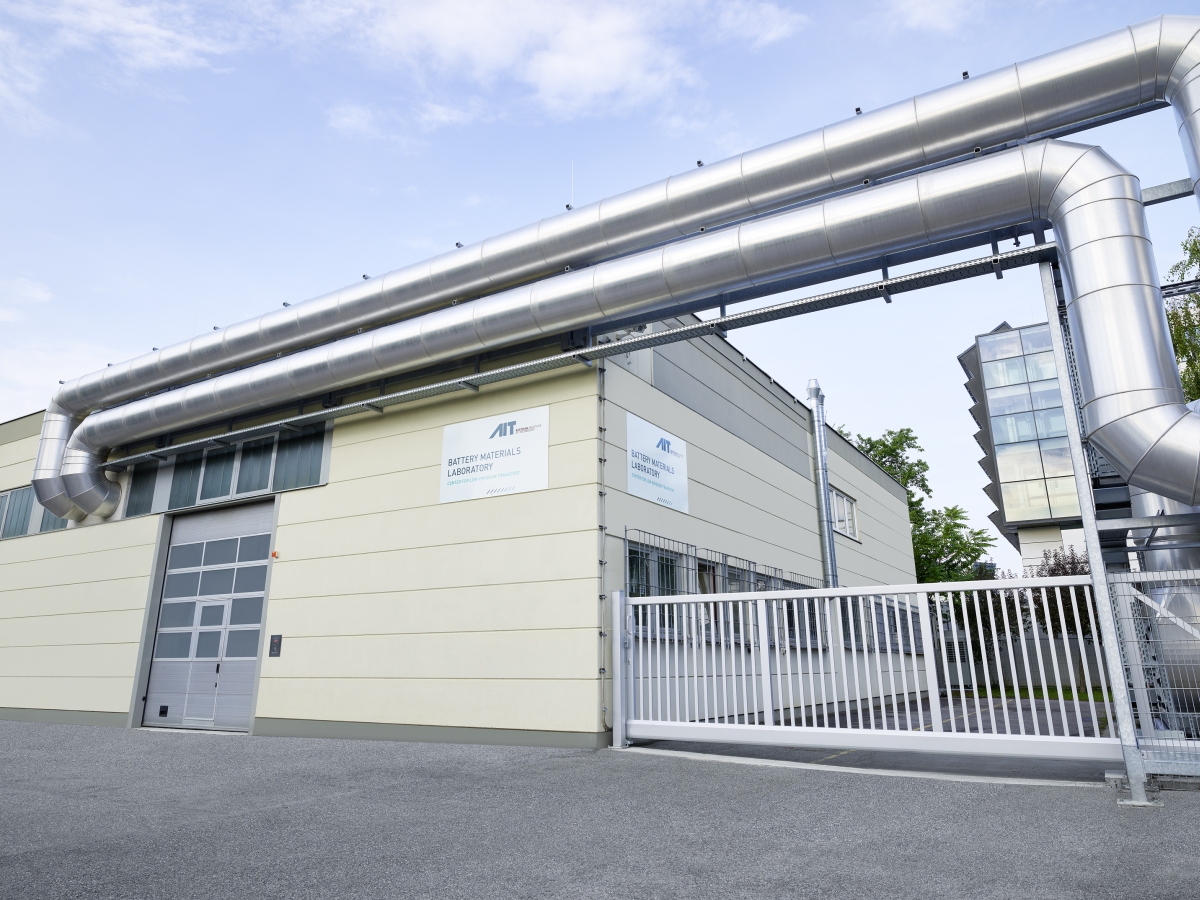Real-time monitoring of electrolyte decay processes in high-performance lithium-ion batteries
The aim of OPERION is to gain a better understanding of the ageing mechanisms of Generation 3 cell chemistry during battery operation at high C rates (up to 3.5C) through an integrated real-time operando method
The increasingly shorter loading times make it necessary to develop fast real-time measurement methods. For this purpose, an existing operando gas chromatograph / mass spectrometer / Fourier transform infrared spectrometer (GCMS-FTIR) system is adapted and equipped with a stationary negative thermal gradient gas chromatograph, which allows to observe cell decomposition processes in high time resolution (measurements in three-minute intervals). In this context, different compositions of the electrolyte that have a mitigating effect on electrolyte decomposition are electrochemically sampled and gas measurements are performed simultaneously. In this way, the electrolyte can be optimized quickly and effectively, which has a positive effect on the development time of batteries. Determining the amount of each gas allows an electrochemical transient model to be created to simulate electrolyte decomposition and is thus used in combination with post-mortem analyses and operando gas measurements to survey decomposition mechanisms of a whole cell. These data provide the basis for making improvements to the electrolyte and/or the material or material combinations on the one hand, and for evaluating the condition of the cell on the other hand, in order to be able to make a statement about safety, service life and toxicity. The data are also relevant from an environmental point of view and are additionally used in the project for the creation of a detailed Life Cycle Assessment (LCA)-database. Quantitative data from the gas analysis will be used to add an end-of-life scenario to the LCA model at screening level or to evaluate recyclability.
The project will focus in particular on the following research areas:
- Determination of decomposition processes in lithium-ion batteries under conventional and extreme operating conditions by gas analysis using an operando-fast GCMS, as well as post-mortem structural and chemical characterization of electrochemically tested electrode materials
- Development of a gas chromatograph for faster separation of complex gas mixtures through increased chromatographic time resolution (sample run under three minutes) resulting in increased sample throughput
- Improvement of the energy density and lifetime of cells by optimizing the electrolyte through the reduction of degradation effects
- Application of an electrochemical transient model to simulate rates and stoichiometry of electrolyte decomposition
- Life cycle analyses to estimate the environmental footprint and risk assessment for cell chemistries
Close cooperation between research, cell manufacturers, users and environmental consulting companies thus enables faster development of batteries with increased performance and environmental compatibility.




